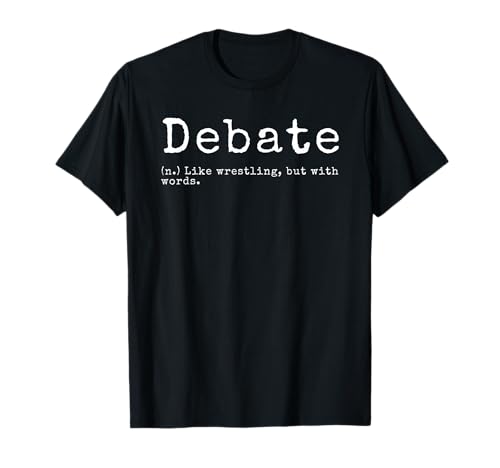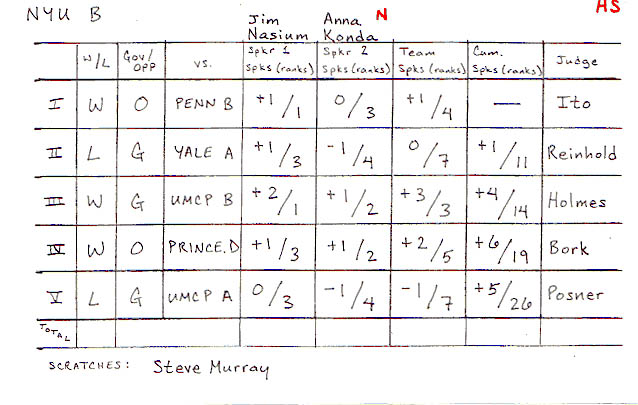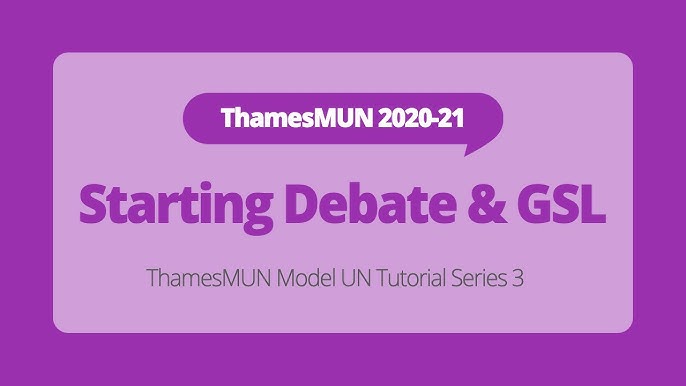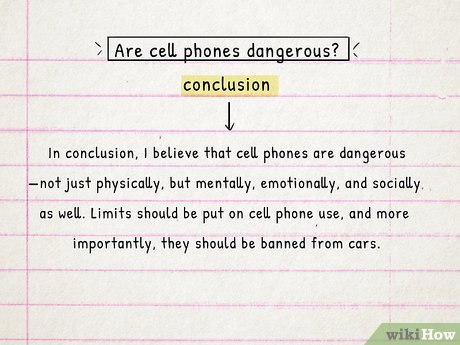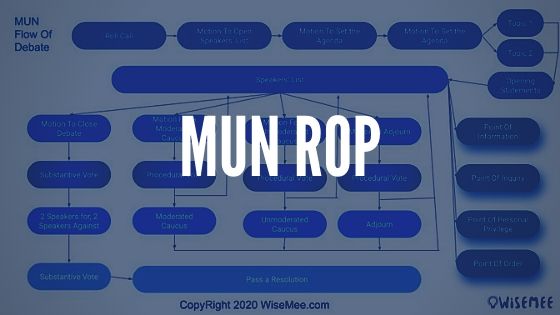Best Gifts for Debate Teams: Unique and Funny Presents to Impress
Debate teams work hard and deserve thoughtful gifts. This blog highlights the best gifts for debate enthusiasts. Debate teams thrive on passion and dedication. Show appreciation with gifts that celebrate their unique skills and interests. From funny t-shirts to practical cosmetic bags, there are many options to choose from. A Debate Definition Funny Debate Team…
